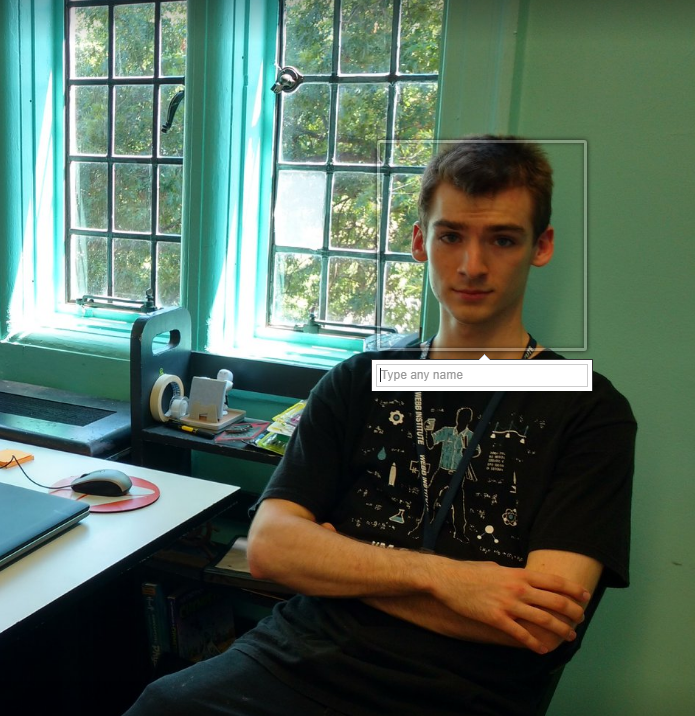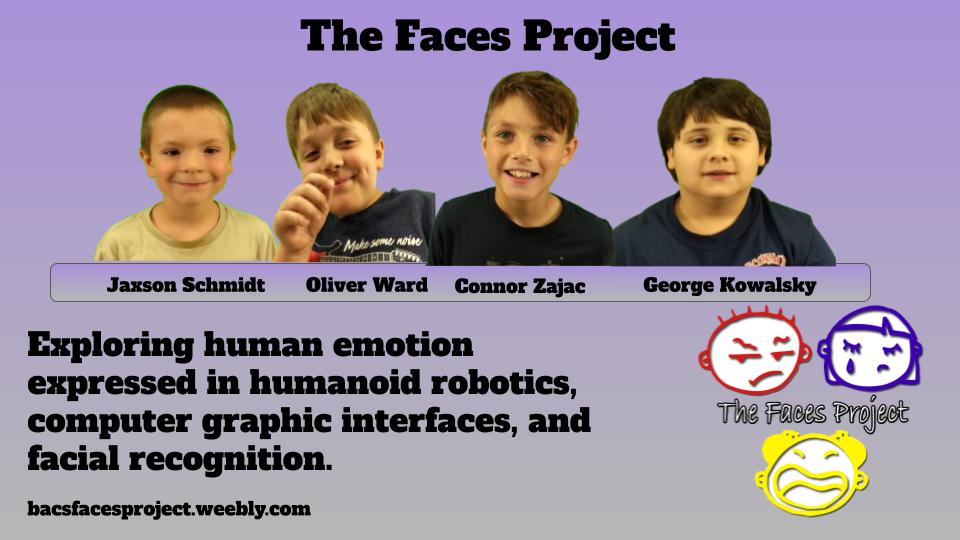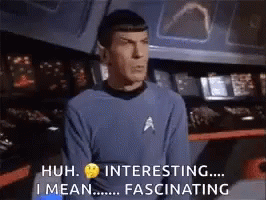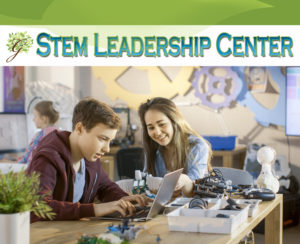
Did you know that you may be helping train artificially intelligent facial recognition algorithms? Is that a good thing or a bad thing? That is one of the questions being asked by The Faces Project, a group of rising 5th graders at Baden Academy.
Facial recognition has been in the news a lot lately (well, maybe the news that comes to my inbox!)…
Taylor Hatmaker at Techcrunch reported an open letter from AI researchers condemning police software that uses facial recognition to predict crime. The letter, signed by researchers at Google, Facebook, and Microsoft, opposes the #TechToPrisonPipeline and points out the use of statistics gleaned from our criminal justice past cannot be untangled from biases and injustice. They claim that data generated by the criminal justice system cannot be used to “identify criminals” or predict criminal behavior. Ever.
Jon Porter at The Verge reported the formal complaint filed by the ACLU against Detroit police over what it says is the “first known example of a wrongful arrest caused by faulty facial recognition technology.” Facial recognition falsely accused and arrested an African American man after a facial recognition system falsely matched his photo with security footage of a shoplifter. Using software to predict criminality or match facial profiles of criminals (particularly African Americans) has been repeatedly debunked and labeled socially harmful.
But not every use of facial recognition by law enforcement is wrong. The software is being used to save lives. Our Faces Project recently stumbled on the local Pittsburgh company, Marinus Project. Check out their video!
The Faces Project is exploring how the human face communicates emotions like anger, fear, happiness, and worry in drawings, animations, robotics, and anatomy. We are trying to understand how the human face communicates emotion, why it’s universally recognizable, and the efforts to capture it in film and images, animation, and animatronics.

You can check out their website at bacsfacesproject.weebly.com include their videos that look at the videos on recognized fear, happiness, disgust, as well as robotics and graphic design.
One of their primary goals is to help you, to help all their classmates, grow more aware of how you are directly and indirectly interacting with faces on the screen. Have you been helping artificial intelligence algorithms grow in their abilities to recognize faces by tagging photos? Recognizing a face is integral to being human. Computer technology is attempting to learn this skill and, simultaneously, using what it has learned to affect our interaction with it.




